On October 29, 1956, Israeli troops rolled into Egyptian territory, invading the Sinai Peninsula. The next day, the Royal Air Force began air raids on Egypt while Anglo-French troops landed on the coastline. These were the most dramatic moments of the Suez crisis. The crisis arose over control of the Suez Canal, the manmade channel that has connected the Mediterranean and Red seas since 1869. The canal was a key trade route, particularly for the transport of oil and oil-related products. Owned by an Anglo-French company and managed by Britain, the canal guaranteed safe passage to all non-military vessels. At the end of World War Two, [1945] however, Egypt began staking its claim to ownership of the canal. Pressure increased when nationalist President Gamal Abdel Nasser took command of the country in 1954. On July 26, 1956, Nasser nationalized the canal, prompting the crisis.
Nasser’s decision was based largely on Egypt’s need to make toll profits from the canal. These profits were intended to help subsidize the Nile River dam in the Aswan Valley. But Nasser’s move also had the effect of challenging European supremacy. Nasser’s actions angered the French and the British, who refused to cede the canal, and also drew the ire of Israel, which had been barred by Egypt from using the canal since it had become a state in 1948. After months of failed diplomacy, the three nations decided to intervene militarily. Within days of the outbreak of hostilities on October 29, Israel had gained full control of the Sinai peninsula while Anglo-French troops took control of the canal. Nasser responded by sinking 40 Egyptian ships inside the canal itself, effectively blocking its use for months. The United States and the Soviet Union, the world’s two superpowers, opposed the invasion and the United Nations [UN] demanded the immediate withdrawal of all foreign troops. International pressure succeeded and Britain pulled out, followed by France and Israel.
After a brief period of UN control, the Suez Canal was turned over to Egypt in December 1956. In return, Egypt promised safe passage for vessels from all nations, including excluding Israel. The canal was reopened in March 1957. The Suez crisis signaled the twilight of British and French colonial clout and confirmed the ascendancy of the US and Soviet Russia as the world’s political arbiters. The brief war also demonstrated the prowess of Israel’s military, which easily defeated the Egyptians to take Sinai. The Suez crisis also gave Nasser and other Arab states a boost, demonstrating their independence from colonial rule and their own role on the world stage.
Nasser’s decision was based largely on Egypt’s need to make toll profits from the canal. These profits were intended to help subsidize the Nile River dam in the Aswan Valley. But Nasser’s move also had the effect of challenging European supremacy. Nasser’s actions angered the French and the British, who refused to cede the canal, and also drew the ire of Israel, which had been barred by Egypt from using the canal since it had become a state in 1948. After months of failed diplomacy, the three nations decided to intervene militarily. Within days of the outbreak of hostilities on October 29, Israel had gained full control of the Sinai peninsula while Anglo-French troops took control of the canal. Nasser responded by sinking 40 Egyptian ships inside the canal itself, effectively blocking its use for months. The United States and the Soviet Union, the world’s two superpowers, opposed the invasion and the United Nations [UN] demanded the immediate withdrawal of all foreign troops. International pressure succeeded and Britain pulled out, followed by France and Israel.
After a brief period of UN control, the Suez Canal was turned over to Egypt in December 1956. In return, Egypt promised safe passage for vessels from all nations, including excluding Israel. The canal was reopened in March 1957. The Suez crisis signaled the twilight of British and French colonial clout and confirmed the ascendancy of the US and Soviet Russia as the world’s political arbiters. The brief war also demonstrated the prowess of Israel’s military, which easily defeated the Egyptians to take Sinai. The Suez crisis also gave Nasser and other Arab states a boost, demonstrating their independence from colonial rule and their own role on the world stage.
RELATED


THE BALKAN WARS OF THE 1990S
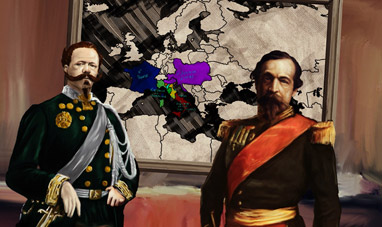

PLOMBIÈRES AGREEMENTS


THE KOSOVO WAR
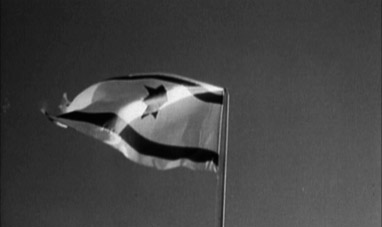

THE BIRTH OF ISRAEL


THE KINGS OF ROME
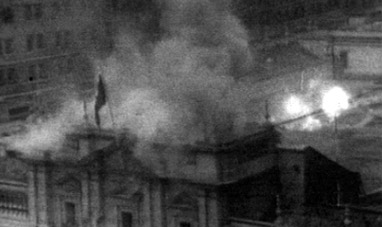

THE 1973 CHILEAN COUP


THE ADVENT OF NAZISM


THE ARGENTINE DICTATORSHIP, 1976-1983


THE MARCH ON TIANANMEN


DISCOVERY OF AMERICA, THE


CAPTURE OF ROME
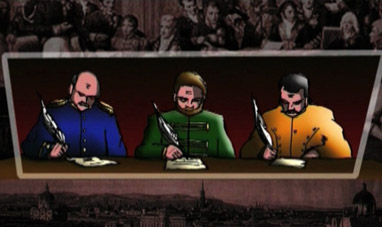

THE CONGRESS OF VIENNA
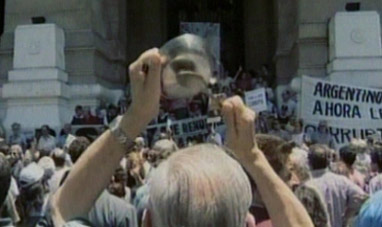

THE 2001 ARGENTINE ECONOMIC CRISIS
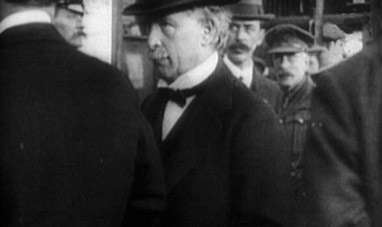

TREATY OF VERSAILLES


DWIGHT EISENHOWER


THE BATTLE OF HASTINGS
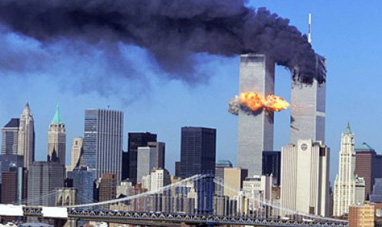

SEPTEMBER 11, 2001


FIRST ITALIAN WAR OF INDEPENDENCE


THE MUNICH MASSACRE
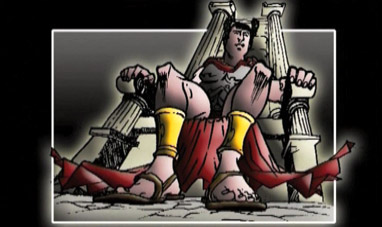

THE EDICT OF MILAN


ASIAN TSUNAMI 2004
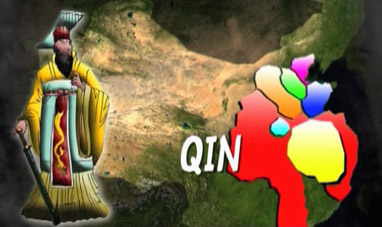

THE FIRST CHINESE EMPEROR AND THE QIN DYNASTY
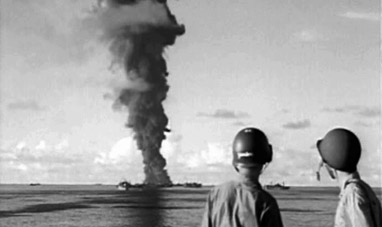

THE OUTBREAK OF WORLD WAR II


THE HUNGARIAN REVOLUTION OF 1956


INTELLIGENCE MARCH 2015


THE DESTRUCTION OF POMPEI
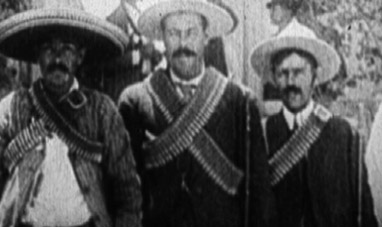

THE MEXICAN REVOLUTION


WESTERN SCHISM, THE


THE PRAGUE SPRING
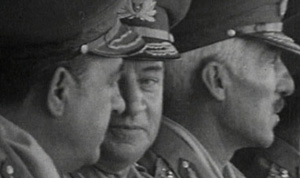

THE GREEK MILITARY COUP
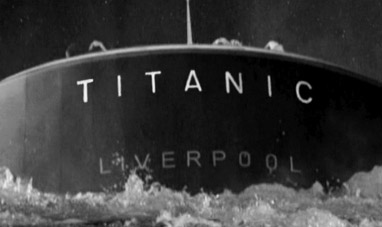

THE SINKING OF THE TITANIC
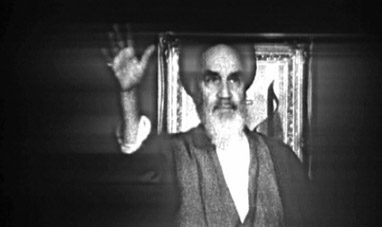

THE IRANIAN REVOLUTION


1968


THE BATTLE OF TOURS


THE FALKLANDS WAR
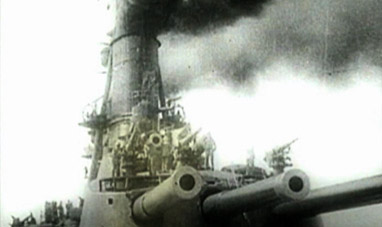

THE OUTBREAK OF WORLD WAR I
